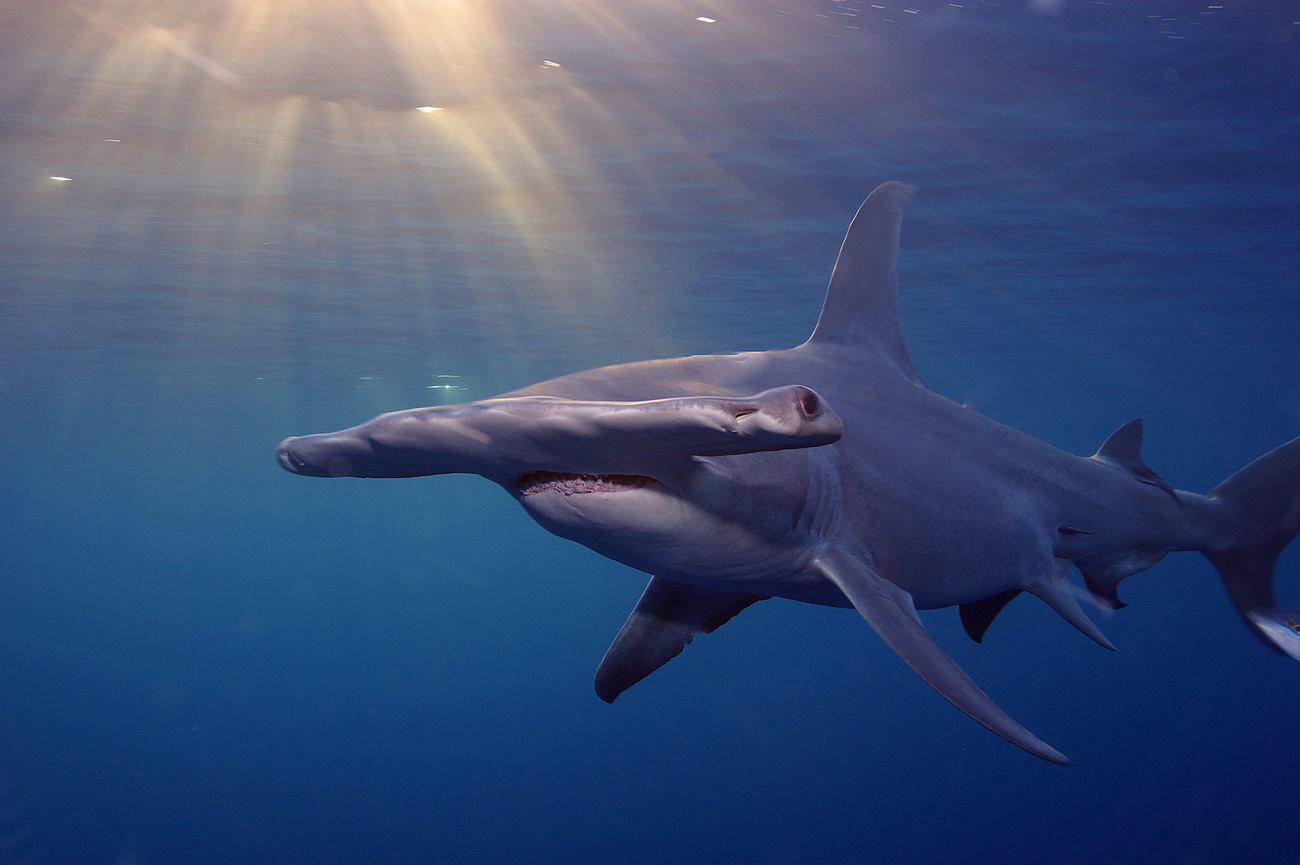Policy Conventions & Agreements - Global
Protection for wildlife & habitats is preserved in global agreementsgovernments to determine fate of threatened species at forthcoming world wildlife conference
governments to determine fate of threatened species at forthcoming world wildlife conference

(Panama City, Panama – 07 November 2022) — The survival of many animals hangs in the balance as world governments attend the 19th Conference of the Parties (CoP) of the Convention on International Trade in Endangered Species of Wild Fauna and Flora (CITES) that begins in a week in Panama City.
In the first CITES meeting hosted in Latin America in 20 years, experts from IFAW will be on-site recommending greater protection from international trade for a range of threatened species, from elephants, rhinos and sharks to tiny glass frogs.
The protection and conservation of many animals traded for their parts or as live specimens will be affected by decisions taken by attending government representatives of 183 member countries and the EU.
“CITES is a critical opportunity that only comes around once every three years to put vital protections in place for some of the world’s most vulnerable species,” said IFAW’s Deputy Vice President of Conservation, Matt Collis.
“Since 1975, nations across the world have come together to protect threatened species by regulating trade, establishing a framework for countries to cooperate with each other to ensure that plant and animal species are not depleted by international demand. We applaud many of those critical efforts, and particularly the Latin American region for its leading role as the world arrives in Panama City next week.”
A focal point of CoP19 are several historic proposals that would change the face of shark conservation, placing nearly all shark species traded for their fins and meat under CITES oversight and controls, up from only 25% today.
Led by the Government of Panama and already supported by 40 other nations, proposal 37 calls for regulation in the trade of all requiem sharks, the core of traded shark species that includes the Endangered grey reef shark, beloved by scuba divers throughout the world, as well as species such as the dusky shark where overfishing and the trade of fins has driven it to the edge of extinction.
Additional proposals look to secure similar protections for small hammerhead sharks (proposal 38) and guitarfishes (proposal 40)—flat-bodied relatives of sharks.
Recent evidence reinforces the urgency of this action, with 37% of all sharks (and closely related rays), and 70% of species traded for their fins already at risk of extinction. Sharks and rays are the second most threatened vertebrate group on the planet after amphibians. Many requiem sharks are key predators on the world’s coral reefs, but recent global surveys indicate that reef sharks are functionally extinct on 20% of reefs, further jeopardizing the health of these ecosystems that are already devastated by the impact of climate change.
“The astounding decline in global shark populations resulting from the unsustainable global trade in shark fins threatens to push these ecologically critical predators to extinction,” said Collis. “The proposal by Panama and its partner governments offers a pivotal moment for global leaders to turn the tide for sharks and define a clear pathway for the survival of these species.”
IFAW heads to CoP19 with additional focus on wildlife crime, one of the greatest threats to wildlife in biodiverse regions like Latin America. Illegal wildlife trade, including cybercrime and what to do with live animals seized in trade, present unique challenges for enforcement agencies, and IFAW will be using the conference to promote best practices to address these at the regional and international level.
As in previous CITES conference, elephant ivory and rhino horn trade will again be contentious issues. However, this conference will see discussion of an alternative proposal by Kenya for the development of a specialised fund for elephant conservation in exchange for the destruction of ivory stockpiles. IFAW commends Kenya's effort to set a clear path away from ivory trade while ensuring a sustainable alternative to the benefit of both elephants and local communities
The 19th CITES Conference of the Parties is scheduled to run until Friday, 25 November.
ENDS
IFAW experts on site and available upon request—in person or via phone/Zoom—including in English, Spanish, French, Arabic, Chinese, Dutch and Italian languages.
CITES documentation and schedule can be found HERE.
Visual editors: High resolution photo and video in support of Panama’s shark proposal can be downloaded HERE.
Additional images available on request.
Press Contacts:
Rodger Correa
Director of Communications, Americas
WhatsApp: +1 202 834 6637
e: rcorrea@ifaw.org
Stacey Hedman
Director of Communications, International Policy
WhatsApp: +1 508 737 2558
e: shedman@ifaw.org
Related content
Every problem has a solution, every solution needs support.
The problems we face are urgent, complicated, and resistant to change. Real solutions demand creativity, hard work and involvement from people like you.